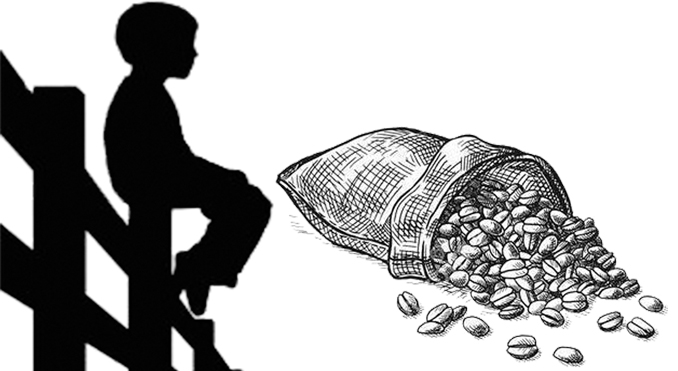
by Evelyn J. Mocbeichel
Our language can seem strange to visitors from another country, especially if we use some of our well-known idioms. I have to smile when I recall explaining some of them to my husband’s cousin that came to visit us from Germany for a few weeks many years ago. Our three children were little then and active, especially when excited about something or hearing about an excursion we were going for the day. Although cousin Ilse spoke English fluently, having learned it in school, there were many expressions I had to explain to her when she laughed at the terminology when I used it. Our three young children were teasing each other and impatient to get going for an outing we had planned and were being a bit over-active. I told Ilse, they are “going bananas” and can’t wait till we get into the car. She asked, what is going bananas? I pointed to their antics and she got the meaning right away when we both glanced over at the kids being silly. On another day as I was preparing dinner I explained to her that this is a real “penny pincher” meal. This was another term she liked when I explained the meaning. To this day, Ilse frequently uses both terms when we catch up by phone and she tells me what she has been up to lately.
Just think of a young child or person not familiar with our English idioms and some of the expressions that need an explanation. Tell them not to spill the beans, give away a secret or let the cat out of the bag and you will see a perplexed look on the person’s face. So you are feeling a bit under the weather and tell this to a coworker here on assignment from overseas and that person will have no idea what you are talking about. I’ve often wondered where the expression that actors tell each other before a performance comes from when they say break a leg. Naturally, we all know this means good luck with your performance but why would you wish someone to have an accident when you are really wishing well? It turns out that the meaning originates from the idea that a performance might be so successful that the actor would have to bow so many times at the end of the show that they might actually break! Speaking of legs, there is also one that means teasing a person when you ask “are you pulling my leg?” What about when there is a conversation among friends and someone asks your opinion and you are hesitant to give it, then you may be accused of sitting on the fence. Perhaps you are really undecided or merely don’t want to get into the heated fray taking place. Maybe you do see eye to eye with one side, meaning you completely agree, but prefer to keep your opinion to yourself. It doesn’t matter how many idioms you happen to know, but come rain or shine, you will end up using them throughout your conversations! Even if you only use the idiom once in a blue moon.

